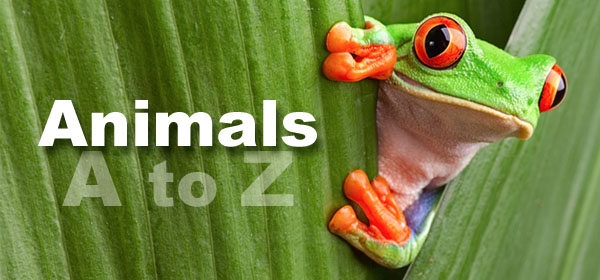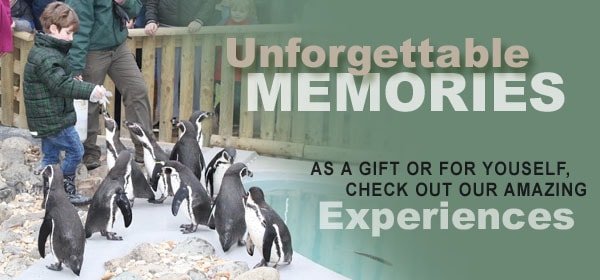Environmental Sustainability Policy
Wingham Wildlife Park is committed to promoting sustainability, concern for both the local environment & the consequences of our actions further afield and ensuring that these same principles which we preach govern our own actions and the management of the park.
Where ever it is practicable for us to do so, we aim to follow and to promote good sustainability practice, to reduce the environmental impacts of all our activities and to help advise our visitors to do the same, giving them a truly encompassing educational experience.
Principles
Our Sustainability Policy is based upon the following principles:
- To comply with, and exceed where practicable, all applicable legislation, regulations and codes of practice.
- To integrate sustainability considerations into all our business decisions.
- To ensure that all staff are fully aware of our Sustainability Policy and are committed to implementing and improving it.
- To minimise the impact on sustainability of all office and transportation activities.
- To make our visitors aware of our Sustainability Policy, and encourage them to adopt sound sustainable life practices.
- To review and continually strive to improve our sustainability performance.
Practical steps
In order to put these principles into practice we will strive to follow the actions below. However due to the nature of our business it can be difficult in some cases to uphold all the principles below. For example whilst travel by road across Europe to bring a new animal to the park may not be the most environmentally friendly way to do so (versus train travel for example), what is going to be most secure and comfortable for the animal will need to take precedence over this.
Travel and meetings
- Walk, cycle and/or use public transport to attend meetings, site visits etc, apart from in exceptional circumstances where the alternatives are impractical and/or cost prohibitive.
- Include the full costs of more sustainable forms of transport in our financial proposals, rather than the least cost option which may involve travelling by car or air. Where the only practical alternative is to fly, we will include costs for full air fares rather than budget airlines in our financial proposals. Where possible such flights are to be picked primarily on the distance covered (with direct flights where possible), in order to lessen the carbon footprint of any one trip.
- Avoid physically travelling to meetings etc where alternatives are available and practical, such as using teleconferencing, video conferencing or web cams, and efficient timing of meetings to avoid multiple trips. These options are also often more time efficient, while not sacrificing the benefits of regular contact with partners.
Purchase of equipment and consumption of resources
- Minimise our use of paper and other office consumables, for example by double-siding all paper used, reusing spent forms etc. as scrap paper (for telephone messages etc) and identifying opportunities to reduce waste.
- As far as possible arrange for the reuse or recycling of office waste, including paper, computer supplies and redundant equipment.
- As far as possible arrange for the reuse or recycling of restaurant waste, including paper serving trays & plastic cutlery and redundant equipment.
- Reduce the energy consumption of office equipment by purchasing energy efficient equipment and good housekeeping.
- Outdoor benches and picnic tables to be purchased from suppliers producing them from recycled plastic – new wooden benches are not to be ordered.
Construction and refurbishment
- WWP ensures that new buildings and refurbishment projects comply with relevant building regulations and where possible are compatible with sustainability principals and best practices such as BREEAM. This includes the continued use of:
- Floor, wall and ceiling insulation.
- Eco roof beams (with reduced wooden components).
- “Eco-board” made from recycled plastic to replace wooden boards where possible.
- As many new builds as possible are to be connected to new or existing bio mass pellet burning heaters.
- Where appropriate new builds are to be planned with a planting aspect in mind as well.
Working practices and advice to visitors
- Undertake voluntary work with the local community and / or environmental organisations and make donations to seek to offset carbon emissions from our activities.
- Make our environmental sustainability policy available to view on our website.
- Even though all of our waste on the customer side goes in to single unsorted bins, our waste contractors sort this waste with 0% going to land fill. It is important for us to use signage to explain to visitors of this process, to encourage recycling.


